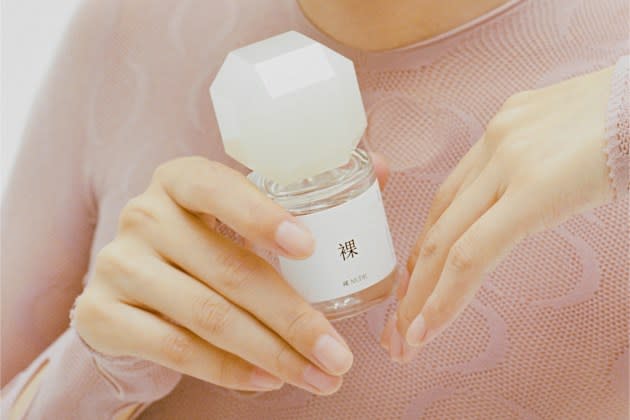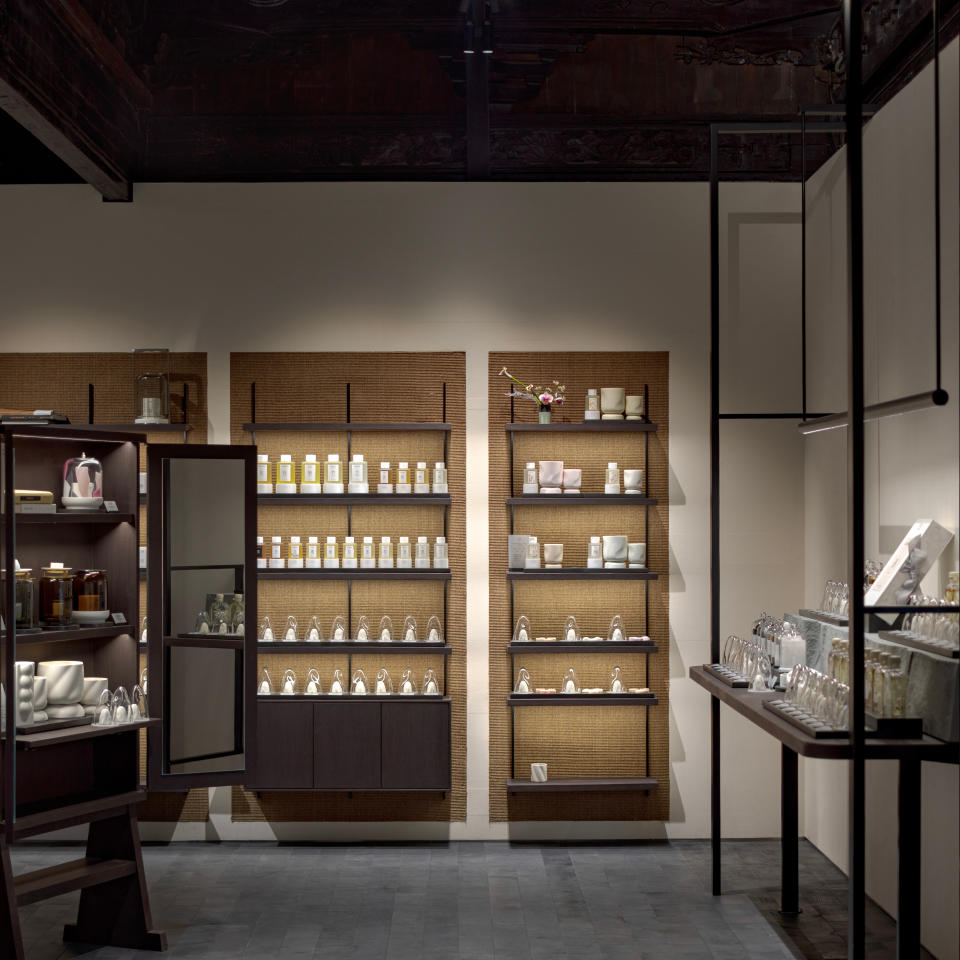L’Oréal Invests in Chinese Fragrance Brand To Summer

LONDON — On the heels of inking a worldwide long-term license agreement with Miu Miu, L’Oréal Group on Friday also disclosed an investment in Chinese luxury fragrance brand To Summer.
The minority investment was made through Shanghai Meicifang Investment, L’Oréal China’s investment company, with support from BOLD, Business Opportunities for L’Oréal Development, the strategic corporate venture capital fund under L’Oréal Group.
More from WWD
The French beauty giant said the investment is another representative case of Sino-France economic and trade exchanges, as it underscores the importance of the Chinese market and C-beauty brands to L’Oréal, despite business in China dampened the beauty giant’s performance in the fourth quarter of 2023.
This year marks the 60th anniversary of Chinese French diplomatic relations. To celebrate the occasion, Cartier is also mounting a major exhibition in November hosted by Shanghai Museum.
Billed as an innovative and modern Chinese fragrance brand rooted in traditional Chinese heritage, To Summer was founded in 2018. It now offers a collection of perfumes, home fragrances and body care products with 11 stores in Beijing, Shanghai, Shenzhen, Hangzhou, Nanjing, Chengdu and Wuxi.
Fabrice Megarbane, chief global growth officer at L’Oréal, called To Summer “one of the most important investments for L’Oréal in North Asia.”
“Chinese consumers are among the most demanding and sophisticated consumers in the world, and their desire for more personalized experiences of beauty is driving the fragrance market, which is one of the fastest-growing categories.…Through fragrance, which connects beauty to emotion, we aim to bring Chinese art and culture to global consumers, taking Eastern scents and perfume ingredients to the international stage,” he added.
Li Shen, founder of To Summer, said: “We hope to collaborate with L’Oréal, with its century-long expertise in global beauty research and innovation, to jointly develop a roadmap for eastern fragrances” and “bring more fragrances filled with imagination, along with the essence of Eastern elegance and grace, to the global market.”
“To Summer will continue expanding its territory through the revival of traditional Chinese craftsmanship and the restoration of historical areas, presenting inclusive, contemporary Eastern beauty to global audiences,” Li added.

L’Oréal’s commitment to To Summer is the latest example of how China’s homegrown fragrance market has been heating up.
In 2022, L’Oréal took a minority stake in Chinese fragrance brand Documents, marking Meicifang’s first investment in the China market. In January, Documents raised a new round of funding with Ushopal, a Chinese omnichannel brand partner.
Last December, Estée Lauder Cos. took a minority stake in To Summer’s competitor, Chinese fragrance label Melt Season. The deal was made through the company’s early investment and incubation arm, New Incubation Ventures, or NIV.
As reported by WWD, industry experts belive that China is the next frontier for fragrance.
While the size of the perfume market still pales in comparison to China’s large color cosmetics and skin care sector, perfume provides an attractive and much less crowded field for brands. For consumers, it offers a relatively new and exciting product category.
Mintel predicts that China’s fragrance industry will grow at a compound annual growth rate of 17 percent, with market sales reaching 15.44 billion renminbi, or $2.39 billion, by 2025.
Key players in the domestic fragrance market also include Scent Library, Boitown and Scentzoo.
Best of WWD


